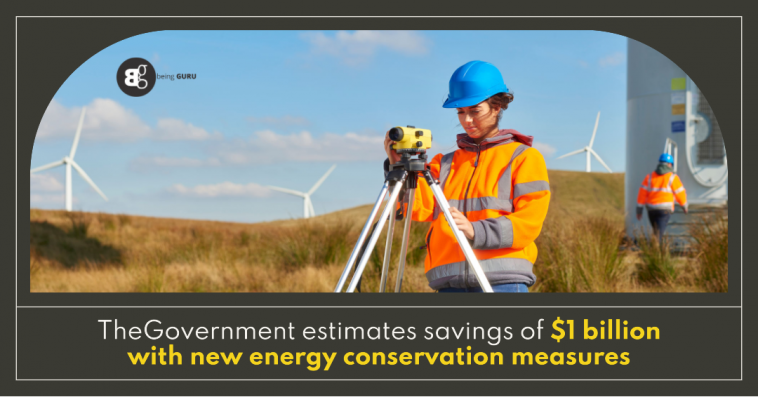The federal government has calculated that energy efficiency and conservation initiatives will result in savings of about $1 billion.
Details indicate that Pakistan’s gasoline import bill in 2021–2022 was $27 billion, which is unsustainable given the country’s limited access to foreign currency.
It justifies a concerted national effort to put energy conservation and efficiency measures in place all along the energy value chain.
The Cabinet approved the National Energy Efficiency and Conservation Authority’s (NEECA) EE&C Policy 2023 on May 10, 2023, with the goal of saving 9 million tonnes of oil equivalent in energy by 2030.
The Planning Commission calculates potential savings of up to 10-15 percent (US$ 1 billion) of its primary energy supply through EE&C measures, which is a crucial component of the 5Es Framework.
The following are some quick-to-implement short- to medium-term administrative initiatives suggested by this conservation plan:
- 8 p.m. closing of all commercial markets
- The banning of incandescent bulbs
- Conical baffles must be installed in water geysers by law.
- With DISCOs and gas providers, NEECA will launch a number of demand-side load control programs for large consumers.
The administrative energy conservation measures could not be put into effect. Their implementation is still difficult.
According to sources, NEC has given the go-ahead for the administrative EE&C measures stated at serial numbers I through IV to be implemented statewide starting on July 1st, 2023.
The NEC may further require the relevant federal and provincial ministries and departments to enforce the conservation measures in letter and spirit while supervising their implementation.





